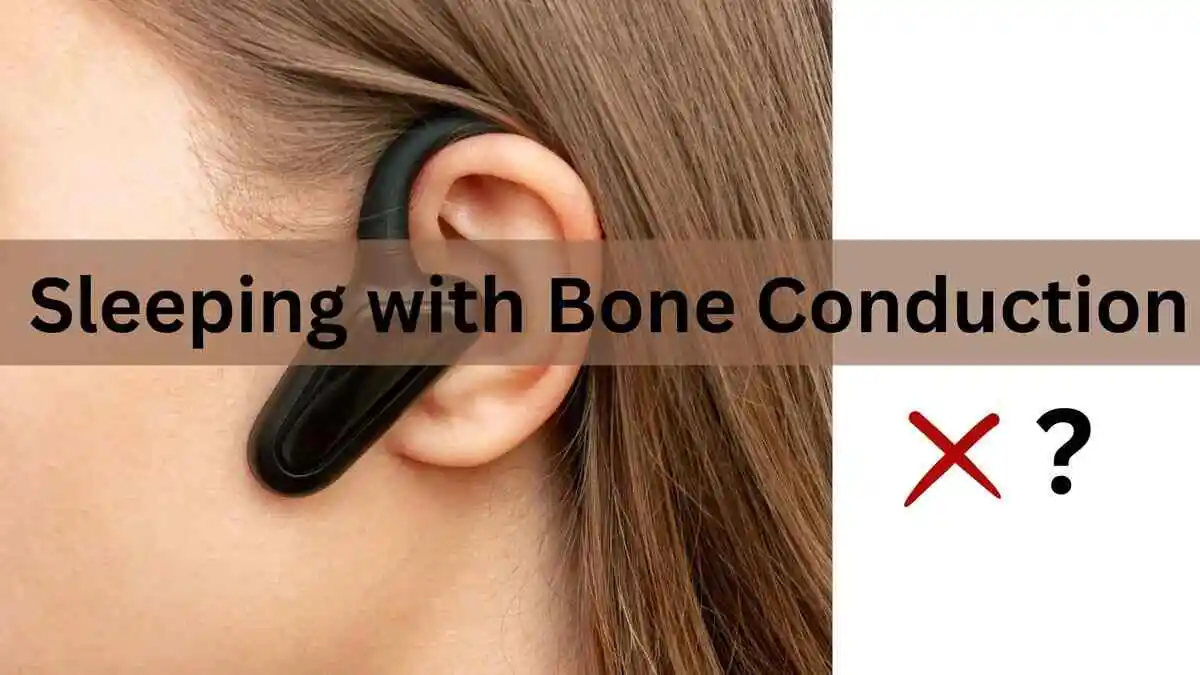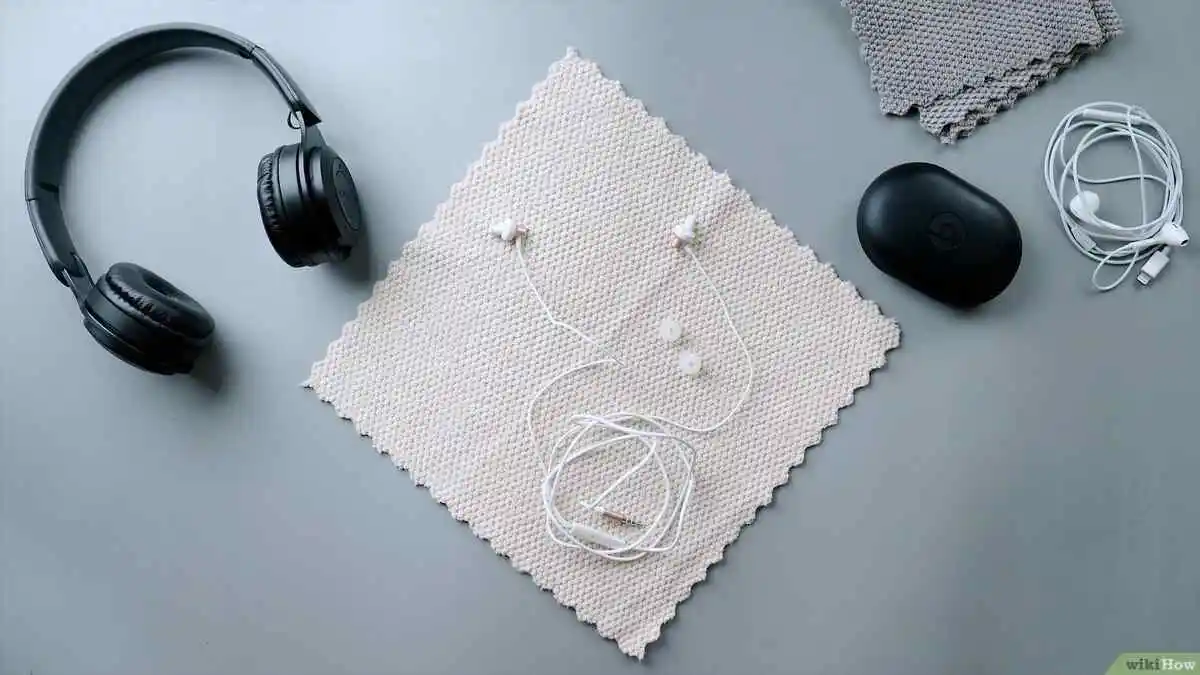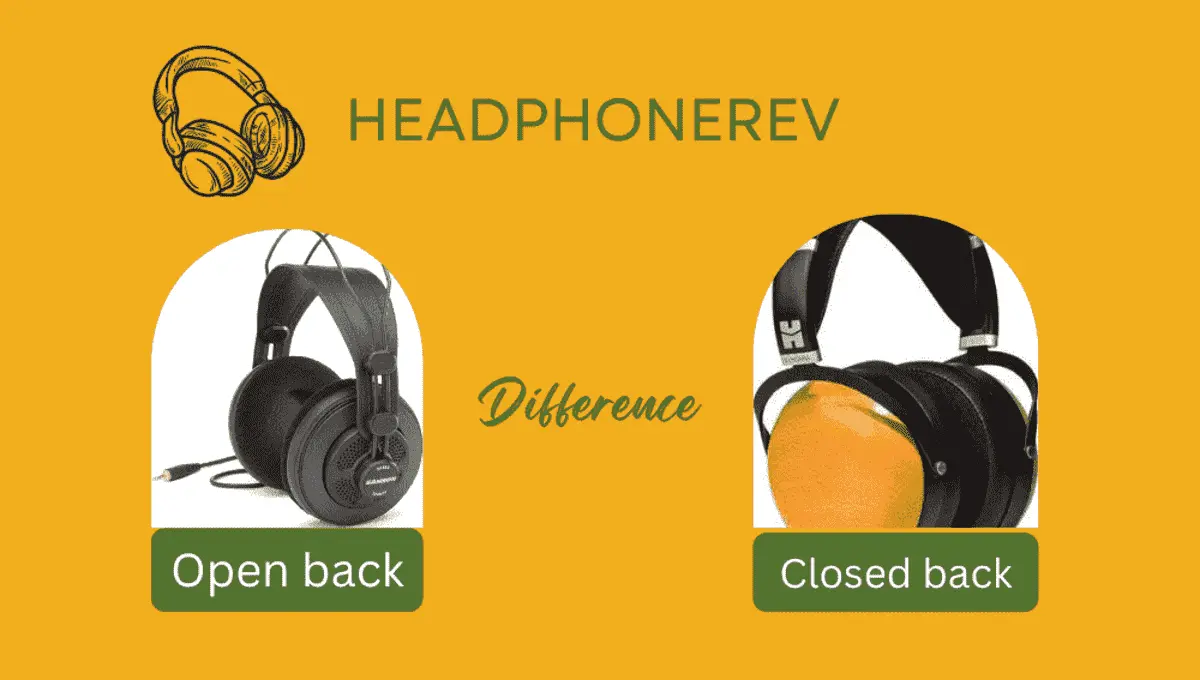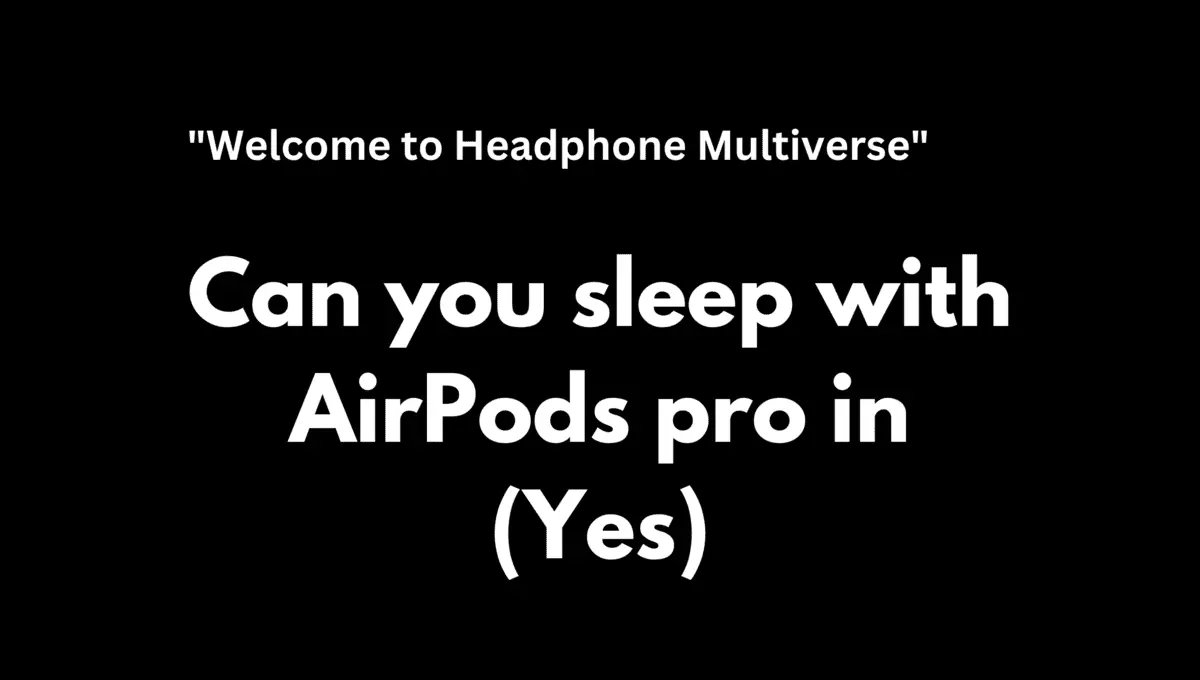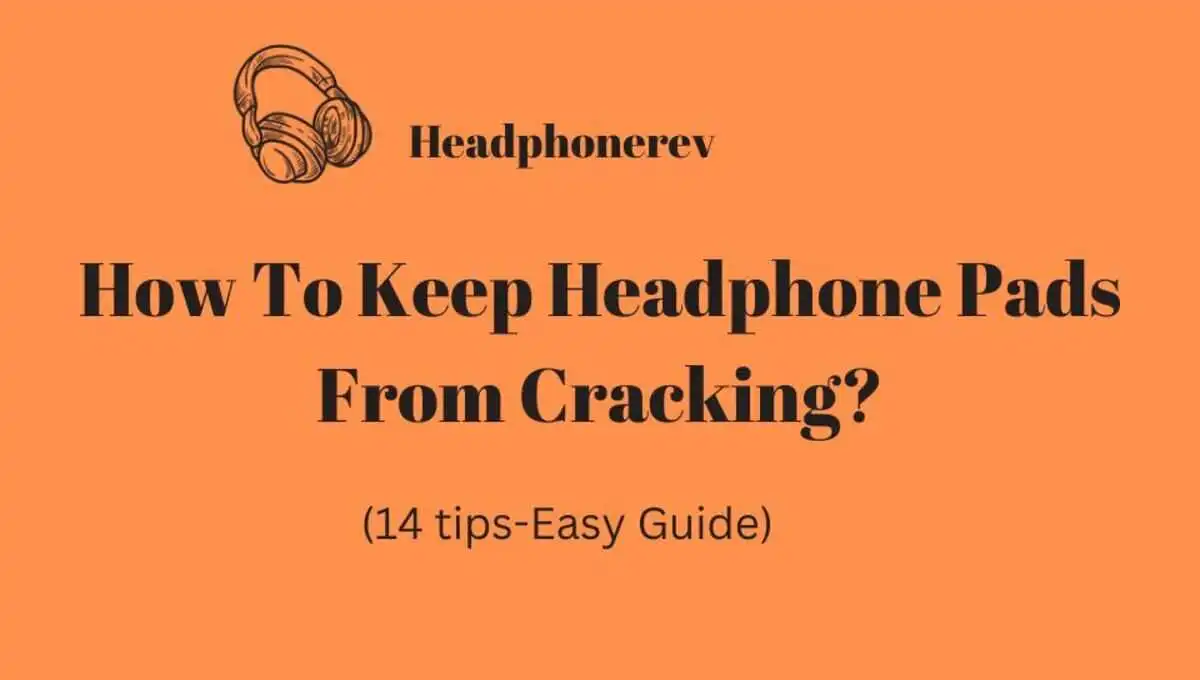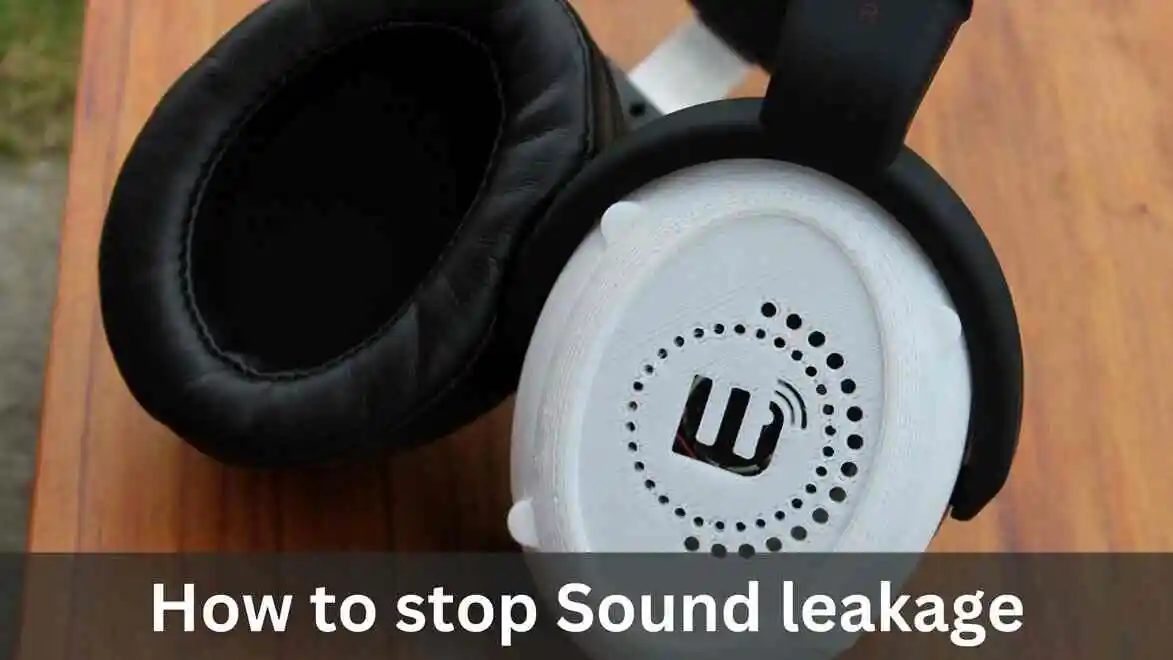Bone conduction headphones have gained popularity due to their unique design that allows sound to be transmitted through bone vibrations rather than traditional air conduction. This technology is often used by individuals who want to keep their ears open while enjoying audio content.
can you wear bone conduction headphones while sleeping, using bone conduction headphones while sleeping raises certain considerations due to the potential impact on comfort, safety, and sleep quality.
Can You Wear Bone Conduction Headphones While Sleeping? (A Short Answer)
Bone conduction is generally better for sleep than earbuds and headphones because it allows audio to be transmitted through vibrations directly to the inner ear, bypassing the need to insert anything into the ear canal.
This reduces discomfort, potential damage to the ears, and the risk of causing ear infections.
On the other hand, earbuds and headphones can be uncomfortable for sleeping due to their bulkiness and pressure on the ears, and they can also cause ear canal irritation.
Additionally, bone conduction is less likely to disturb a partner or others nearby, making it a more considerate choice for nighttime use. Using airpods while sleeping is best option.
Why they should Not be Used?
1. Sleep Position:
One of the primary concerns when wearing any type of headphones during sleep is the position in which you sleep.
Bone conduction headphones might be more suitable for front sleepers, as side sleepers and back sleepers could experience discomfort or reduced effectiveness due to the pressure of the pillow against the headphones. Thier are some problems if you sleep with headphones.
2. Sleep Quality:
Sleep quality can be affected by the presence of any external device, including headphones.
Even with bone conduction technology, there’s a possibility that the sensation of having something on your head could interfere with your sleep.
Some individuals might find it difficult to fall asleep or stay asleep with headphones in place.
They can use other high-tech sleep headbands rather then earbuds, headphones or bone conduction.
3. Hygiene:
Wearing headphones for extended periods, including during sleep, can lead to hygiene concerns.
The headphones might accumulate sweat, oils, and dead skin cells, which could be problematic if not cleaned regularly. Make sure to follow the manufacturer’s guidelines for cleaning and maintenance.
4. Noise and Disruption:
Bone conduction headphones are designed to keep your ears open, which can be a safety advantage, but they might also let in ambient noise.
If you’re a light sleeper or sensitive to noise, this could potentially disrupt your sleep. However, some bone conduction headphones come with noise-canceling features that can mitigate this issue.
5. Safety:
Bone conduction headphones are generally considered safer for sleeping than traditional headphones that cover or go inside the ears.
This is because they don’t block external sounds, allowing you to remain aware of your surroundings. This can be important for detecting alarms, doorbells, or other emergency situations.
7. Sleep Partners:
If you share a bed with a partner, wearing headphones while sleeping could affect their sleep as well.
The sound leakage from bone conduction headphones might disturb your partner’s sleep, especially if you’re listening to audio at a higher volume.
8. Volume Levels:
Listening to audio at high volume levels, especially for extended periods, can lead to hearing damage.
This risk remains applicable even when using bone conduction headphones. It’s important to set a comfortable and safe volume level to protect your hearing health.
Conclusion:
While wearing bone conduction headphones while sleeping is possible, it comes with a range of considerations. Individual comfort, sleep position, sleep quality, hygiene, noise disruption, safety, and the preferences of sleep partners all play a role in determining whether this practice is suitable for you.
If you decide to use bone conduction headphones while sleeping, be mindful of your comfort, hygiene, and safety, and use them at appropriate volume levels to ensure a positive and safe sleep experience.
